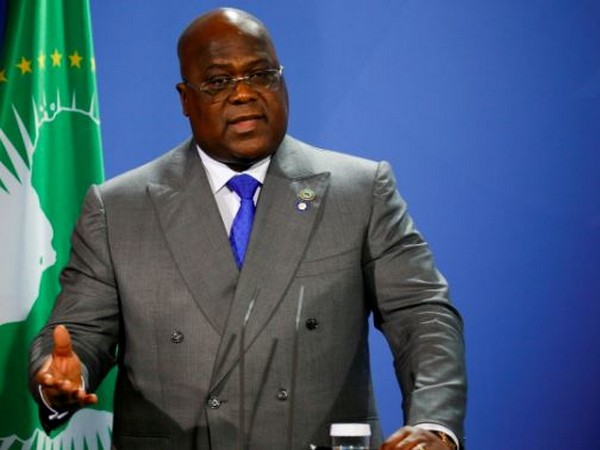DR Congo's prime minister resigns
Feb 21, 2024
Kinshasa [DR Congo], February 21: Prime Minister of the Democratic Republic of the Congo (DRC) Sama Lukonde Kyenge submitted his resignation to President Felix Tshisekedi, the DRC presidential office announced Tuesday on X, formerly Twitter.
Sama Lukonde Kyenge was appointed prime minister on Feb. 15, 2021.
On Feb. 8, the Constitutional Court of the DRC rendered the incompatibility of government and legislative functions, asking ministers, provincial governors, and members of political cabinets, who are also elected in legislative elections, to resign from their political functions unless they renounce their electoral mandate.
"Consequently, (the Constitutional Court) demands that the members of the government, the ministerial cabinets, and the general secretariat of the government who are newly elected national deputies, senators, provincial deputies, municipal councilors of sectors or chiefdom and who have opted for their electoral mandate, automatically and immediately lose their incompatible functions," said a decree by the Constitutional Court.
On Dec. 20, 2023, 31 of the 60 members of the government, including the prime minister, were elected national deputies in the general elections, in which nearly 44 million voters were called to go to the polls during the day to elect a new president, deputies, as well as provincial and municipal councilors.
Felix Tshisekedi was re-elected with a majority of 73.47 percent of the vote and was sworn in on Jan. 20, 2024.
On Feb.7, Felix Tshisekedi named Augustin Kabuya Tshilumba, secretary general of the ruling party Union for Democracy and Social Progress (UDPS), to form the next government. The UDPS won 69 seats in the 500-member National Assembly ahead of 44 other parties in the general elections.
Source: Xinhua








